April 13, 2017
Rents start to surge in Australia’s thriving high rise commercial property market 0
 Australia can justifiably claim to lead the world in thinking about office design and management right now, but it may be coming at a cost as rents surge for high rise office space in its major cities. The cost of renting office space in the skyscrapers of Sydney and Melbourne (pictured) is rising faster than in any other major global city, as a lack of space pushes up rates. The costs of space have yet to hit the heights of tall buildings in cities like Hong Kong, but Knight Frank’s Skyscraper Index claims that the cost of renting space in the upper floors of skyscrapers in Melbourne had risen by 11 per cent to £40.98 per square foot per year in the six months to the end of last year, while those in Sydney had risen 10.1 per cent to £78.39 per sq ft.
Australia can justifiably claim to lead the world in thinking about office design and management right now, but it may be coming at a cost as rents surge for high rise office space in its major cities. The cost of renting office space in the skyscrapers of Sydney and Melbourne (pictured) is rising faster than in any other major global city, as a lack of space pushes up rates. The costs of space have yet to hit the heights of tall buildings in cities like Hong Kong, but Knight Frank’s Skyscraper Index claims that the cost of renting space in the upper floors of skyscrapers in Melbourne had risen by 11 per cent to £40.98 per square foot per year in the six months to the end of last year, while those in Sydney had risen 10.1 per cent to £78.39 per sq ft.








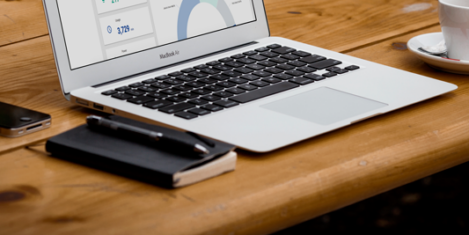
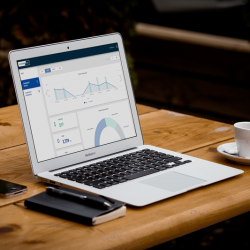






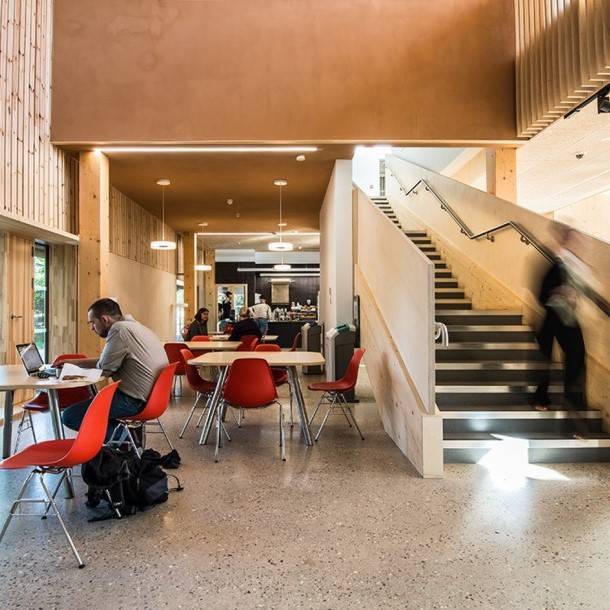
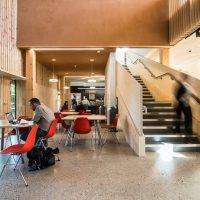






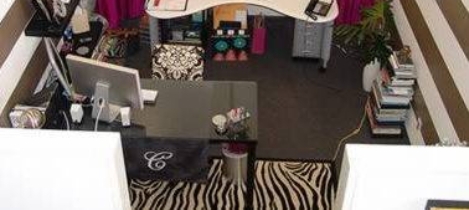
 In America at least, the great symbol of corporate conformity is the office cubicle. Satirised in the Dilbert cartoons and a staple in any movie about the degrading aspects of modern working life, the cubicle provides a perfect shorthand way of portraying an individual crushed by the corporate jackboot. Yet what these things miss is the propensity of people to personalise their surroundings and claim a space as their own, even if only for the short time they may be there. This seems to be particularly the case when it comes to office design and so we were much taken with
In America at least, the great symbol of corporate conformity is the office cubicle. Satirised in the Dilbert cartoons and a staple in any movie about the degrading aspects of modern working life, the cubicle provides a perfect shorthand way of portraying an individual crushed by the corporate jackboot. Yet what these things miss is the propensity of people to personalise their surroundings and claim a space as their own, even if only for the short time they may be there. This seems to be particularly the case when it comes to office design and so we were much taken with 









April 7, 2017
Flexible working is not a magic bullet for workplace ills 0
by Charles Marks • Comment, Flexible working
(more…)